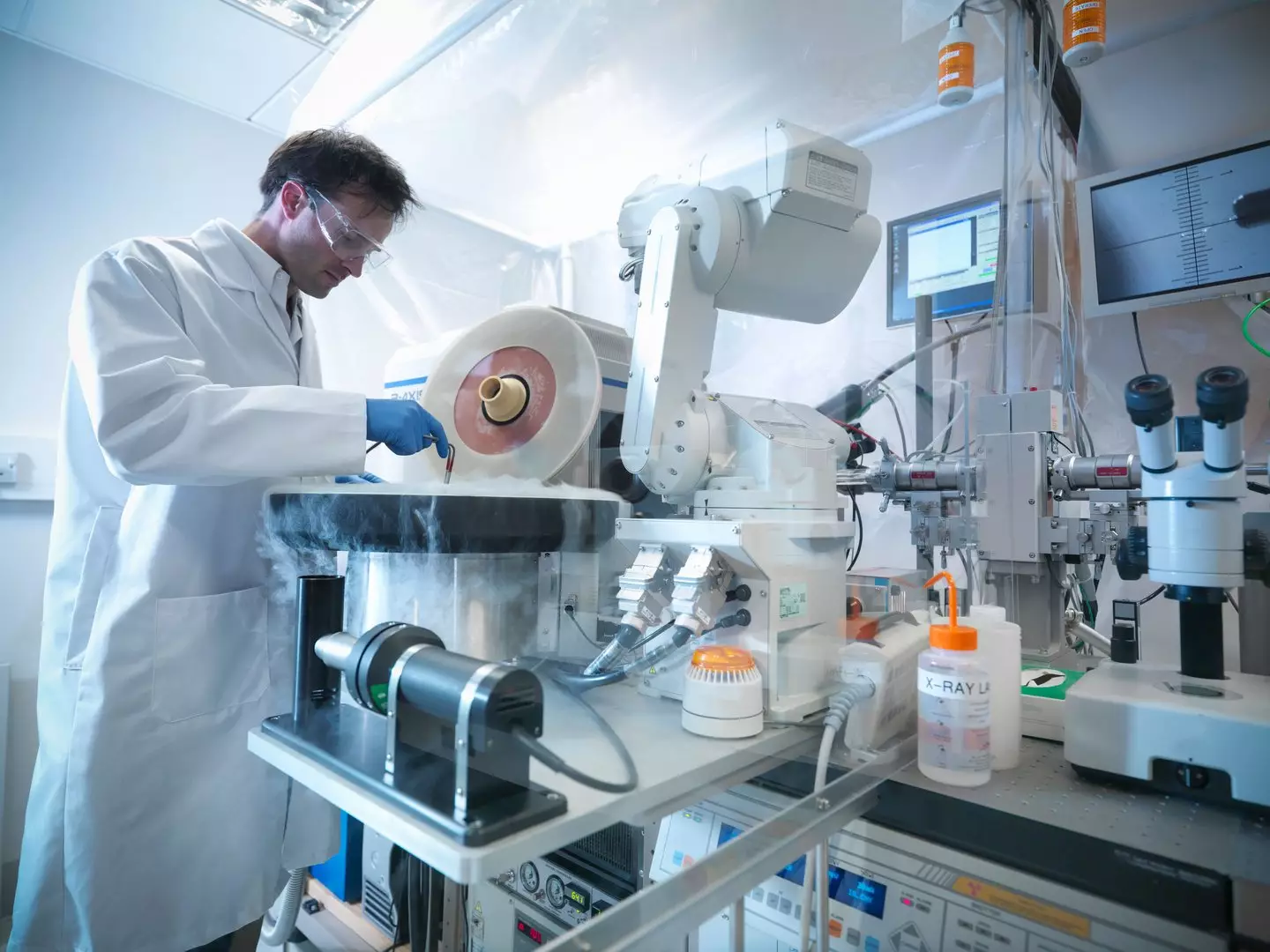.png)
Correction: The Boston University research was not creating a more lethal strain of COVID-19 or the Omicron variant but studying how the spike protein of the virus can affect the the disease in mice. The university added that this research reinforces other research done by other organisations, including the U.S Food and Drug Administration.
Scientists at Boston University have created a new lethal Covid-19 strain in the lab that has an 80 per cent kill rate.
The Daily Mail reports that a team of researchers at the prestigious university had created a hybrid strain by combining the Omicron variant's spike protein with the original Wuhan strain ‘to help fight against future pandemics’.
Advert
According to the scientists in BU’s National Emerging Infectious Diseases Laboratories, 80 percent of mice infected with this hybrid died after being infected.
They infected another batch of mice with the BA.1 Omicron variant and all of them survived.

Researchers also found that the new strain is five times more infectious than Omicron.
However, after the research was published, the team coped with intense backlash from the science community, who flagged that the study was too dangerous.
According to the Daily Mail, leading scientist in the Israeli Government Professor Shmuel Shapira said researchers were ‘playing with fire’, while chemist at Rutgers University Dr Richard Ebright slammed it as 'gain of function research'.
Gain of function research refers to the medical practice that genetically alters an organism to enhance the biological functions of gene products to better understand the evolution of viruses, as per The University of Adelaide’s website.
Dr Ebright told the Daily Mail: “If we are to avoid a next lab-generated pandemic, it is imperative that oversight of enhanced potential pandemic pathogen research be strengthened.”
The Boston Herald reports that the research was approved by the Institutional Biosafety Committee and the Boston Public Health Commission.

The team at Boston University issued a statement defending the study, claiming it provided them with insights on how a viral strain can impact illness, as per Boston Herald.
“First, this research is not gain-of-function research, meaning it did not amplify the Washington state SARS-COV-2 virus strain (original virus from 2020) or make it more dangerous,” they wrote, according to the outlet.
The university added: “In fact, this research made the virus replicate less dangerous."
Lead study author Mohsan Saeed told the paper: “Consistent with studies published by others, this work shows that it is not the spike protein that drives Omicron pathogenicity, but instead other viral proteins.
“Determination of those proteins will lead to better diagnostics and disease management strategies."
In the wake of the pandemic, scientists are calling for stricter guidelines regarding gain of function research to prevent another outbreak from unfolding.
Nature reported that the US National Institutes of Health began holding public listening sessions in April to review policies on risky pathogen research.
Epidemiologist at the Harvard T. H. Chan School of Public Health in Boston, Marc Lipsitch, a critic of the research, said: “Pandemics are on people’s minds.
“It’s no longer abstract to think about the destruction that the spread of a new virus can cause.”
Topics: News, World News, Health, Science
